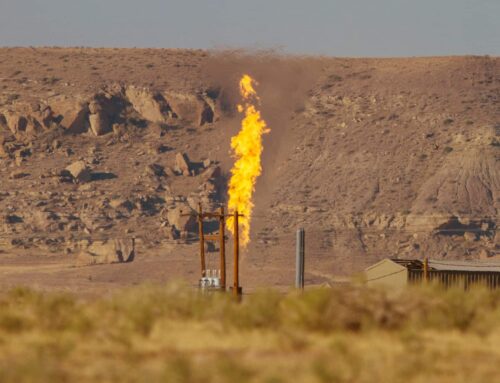Today the U.S. Forest Service released its final rule and Record of Decision for managing Roadless Areas on National Forest System Lands in Alaska. Through the rule, set to be published in the Federal Register on Thursday, the Forest Service fully exempts the Tongass National Forest from the national 2001 Roadless Rule, opening up millions of acres to road building and logging in the nation’s largest national forest. Autumn Hanna, vice president of TCS, had the following statement:
“This action by the Forest Service is nothing more than a blatant giveaway to the timber industry. Timber sales in national forests cost more than they make – they are money losers for taxpayers. Now we are adding the additional expense of more road building, paid for by taxpayers. Let’s call this what it is – a massive subsidy for the timber industry.
Not only does America get hit in pocketbook with the costs of logging and roadbuilding, we risk irreversibly damaging our largest national forest and the many benefits it provides.
Forests are natural carbon sinks that help mitigate the effects of climate change – intensified hurricanes, flooding, wildfires and draught. As we are seeing now, these natural disasters cost taxpayers billions in damages and emergency spending every year, and these costs are growing.
This decision by the Forest Service is another example of this Administration giving away public resources to extractive industry, even when it increases federal spending. To do so when the country is in an economic crisis is just plain fiscally reckless and will carry a hefty price tag for taxpayers across the country.”
BACKGROUND:
At 16.7 million acres, roughly the size of West Virginia, the Tongass National Forest spread out over more than 1,000 islands and 11,000 miles of shoreline in Southeast Alaska is the country’s largest national forest.
Every year, the USFS prepares and conducts sales for the rights to harvest millions of board feet of timber from the Tongass. These sales have consistently generated less revenue than the USFS spends to administer them, resulting in large net losses for U.S. taxpayers. Budget data for the last fiscal year reveals that the USFS has continued its decades-long streak of losing millions of dollars on Tongass timber sales.
Taxpayers for Common Sense calculated these losses in a new report released this August that found the Forest Service lost more than $1.7 billion while “selling” Tongass timber since 1980, and further analyzed the Final Environmental Impact Statement which was released in September.
The Forest Service has been able to use the Roadless Rule’s flexibility to approve more than 50 projects in roadless areas in the Tongass, from mining operations to aerial trams. Nationally, savings from the Roadless Rule has reduced the Forest Service’s road maintenance backlog from $8.4 billion in 2000 to $3.4 billion in 2019.
In addition to reducing taxpayer costs, the new rule will also leave taxpayers to shoulder more costs from climate impacts. U.S. forests help to slow the rate of climate change by offsetting greenhouse gas emissions each year. The Tongass contributes by both storing more carbon than any other national forest and absorbing, or sinking, an average of 575,000 metric tons of carbon per year.
Tongass roadless areas provide economic benefits for fish and wildlife. Tourism and commercial fisheries make up approximately 25% of regional employment and are both directly dependent upon the protected roadless areas of the Tongass.
###
ABOUT: Taxpayers for Common Sense (TCS) is a nonpartisan budget watchdog that has served as an independent voice for the American taxpayer since 1995. TCS works to ensure that taxpayer dollars are spent responsibly and that government operates within its means.










